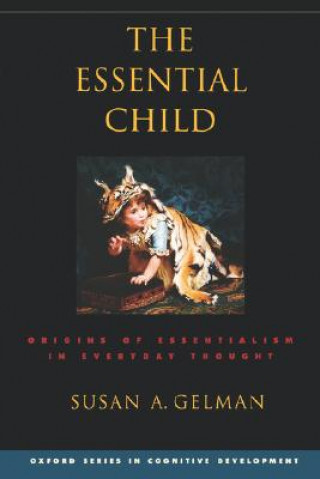
Kód: 04031793
Essential Child
Autor Susan A. Gelman
Essentialism is the idea that certain categories, such as "dog," "man," or "intelligence," have an underlying reality or true nature that gives objects their identity. Where does this idea come from? In this book, Susan Gelman arg ... celý popis
- Jazyk:
 Angličtina
Angličtina - Vazba: Brožovaná
- Počet stran: 392
Nakladatelství: Oxford University Press Inc, 2005
- Více informací o knize

Mohlo by se vám také líbit
Darujte tuto knihu ještě dnes
- Objednejte knihu a zvolte Zaslat jako dárek.
- Obratem obdržíte darovací poukaz na knihu, který můžete ihned předat obdarovanému.
- Knihu zašleme na adresu obdarovaného, o nic se nestaráte.
Více informací o knize Essential Child
Nákupem získáte 180 bodů
 Anotace knihy
Anotace knihy
Essentialism is the idea that certain categories, such as "dog," "man," or "intelligence," have an underlying reality or true nature that gives objects their identity. Where does this idea come from? In this book, Susan Gelman argues that essentialism is an early cognitive bias. Young children's concepts reflect a deep commitment to essentialism, and this commitment leads children to look beyond the obvious in many converging ways: when learning words, generalizing knowledge to new category members, reasoning about the insides of things, contemplating the role of nature versus nurture, and constructing causal explanations. Gelman argues against the standard view of children as concrete or focused on the obvious, instead claiming that children have an early, powerful tendency to search for hidden, non-obvious features of things. She also attacks claims that children build up their knowledge of the world based on simple, associative learning strategies, arguing that children's concepts are embedded in rich folk theories. Parents don't explicitly teach children to essentialize; instead, during the preschool years, children spontaneously construct concepts and beliefs that reflect an essentialist bias. Essentialist accounts have been offered, in one form or another, for thousands of years, extending back at least to Aristotle and Plato. Yet this book is the first to address the issues surrounding essentialism from a psychological perspective. Gelman synthesizes over 15 years of empirical research on essentialism into a unified framework and explores the broader lessons that the research imparts concerning, among other things, human concepts, children's thinking, and the ways in which language influences thought. This volume will appeal to developmental, cognitive, and social psychologists, as well as to scholars in cognitive science and philosophy.
 Parametry knihy
Parametry knihy
Zařazení knihy Knihy v angličtině Society & social sciences Psychology Child & developmental psychology
1804 Kč
- Plný název: Essential Child
- Autor: Susan A. Gelman
- Jazyk:
 Angličtina
Angličtina - Vazba: Brožovaná
- Počet stran: 392
- EAN: 9780195181982
- ISBN: 0195181980
- ID: 04031793
- Nakladatelství: Oxford University Press Inc
- Hmotnost: 572 g
- Rozměry: 158 × 234 × 22 mm
- Datum vydání: 12. May 2005
Oblíbené z jiného soudku
-
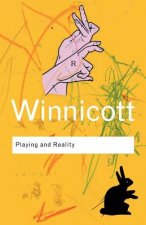
Playing and Reality
673 Kč -
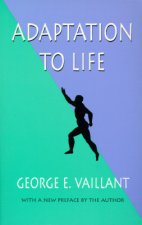
Adaptation to Life
1010 Kč -
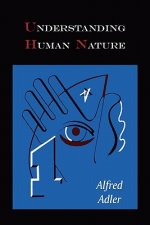
Understanding Human Nature
365 Kč -

Hidden Treasure
1319 Kč -

Life Cycle Completed
346 Kč -
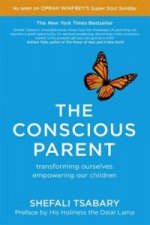
Conscious Parent
464 Kč -

Bright Kids Who Can't Keep Up
415 Kč -

Conscious Femininity
437 Kč -

How Children Learn
330 Kč -
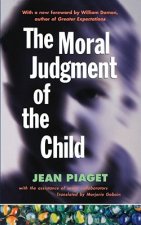
Moral Judgment of the Child
595 Kč -
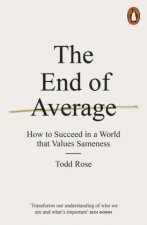
End of Average
303 Kč -

Attachment
927 Kč -

Group Filial Therapy
1260 Kč -

Healthy Pleasures
558 Kč -
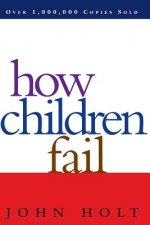
How Children Fail
406 Kč -

Highly Sensitive Child
410 Kč -
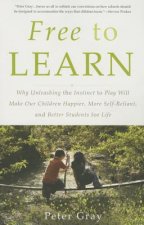
Free to Learn
382 Kč -
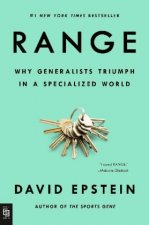
Range
254 Kč -

Integrating Play Therapy and Emdr with Children
446 Kč -

Range
658 Kč -

Philosophical Baby
410 Kč -
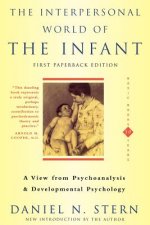
Interpersonal World of the Infant
856 Kč -

Early Start Denver Model for Young Children with Autism
1733 Kč -
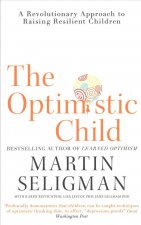
Optimistic Child
464 Kč -
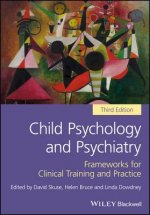
Child Psychology and Psychiatry - Frameworks for Clinical Training and Practice 3e
1895 Kč -
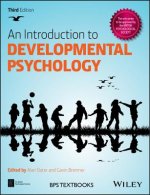
Introduction to Developmental Psychology 3e
1833 Kč -
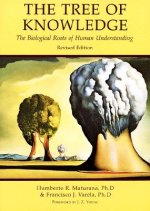
Tree of Knowledge
735 Kč -
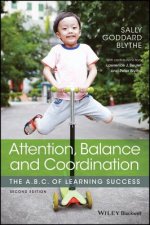
Attention, Balance and Coordination - The A.B.C.of Learning Success 2e
1981 Kč -

Development of Children
2219 Kč -

Rutter's Child and Adolescent Psychiatry 6e
2744 Kč -
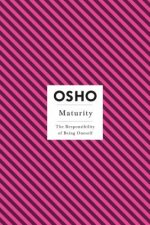
Maturity
338 Kč -
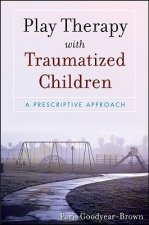
Play Therapy with Traumatized Children - A Prescriptive Approach
1434 Kč -

Handbook of Prenatal and Perinatal Psychology
8953 Kč -

Disappearance of Childhood
377 Kč -

Uses of Enchantment
303 Kč -
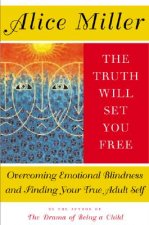
Truth Will Set You Free
338 Kč -
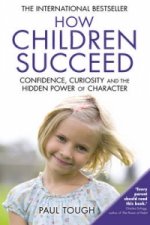
How Children Succeed
303 Kč -
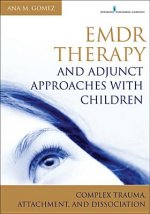
EMDR Therapy and Adjunct Approaches with Children
2125 Kč -

Identity and the Life Cycle
360 Kč -
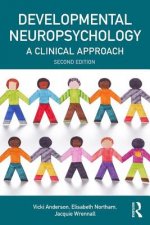
Developmental Neuropsychology
1404 Kč -

Integrative Approach to Treating Babies and Children
1033 Kč -
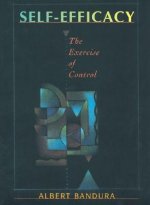
Self Efficacy
3668 Kč -

Making and Breaking of Affectional Bonds
507 Kč -

Child
1300 Kč -
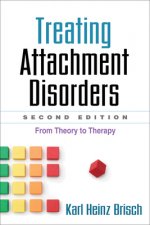
Treating Attachment Disorders
1213 Kč -
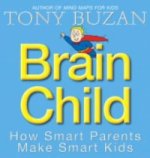
Brain Child
437 Kč -
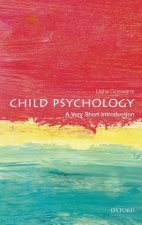
Child Psychology: A Very Short Introduction
250 Kč -

Bilingual
742 Kč -
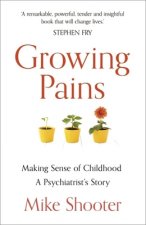
Growing Pains
312 Kč
Osobní odběr Praha, Brno a 12903 dalších
Copyright ©2008-24 nejlevnejsi-knihy.cz Všechna práva vyhrazenaSoukromíCookies




 Vrácení do měsíce
Vrácení do měsíce 571 999 099 (8-15.30h)
571 999 099 (8-15.30h)